It is widely acknowledged that an idea expressed in one language, if translated into another, undergoes a change in its meaning and its associated understanding. Chattopadhyaya has tried to argue in this book that the modern scientific concept of history, though has its undeniable importance, should not be understood in a dehistorised manner. The modern concept of history should not be confused with the ancient or even the medieval concepts like Purana, Puravrtta, itihasa and upakhyana. Our modes of understanding and action should not be telescoped into theirs. This distinction squarely rests on the difference between age-specific social conditions and their influence on human ideas, ideals, languages, rather modes of speech, and actions. An attempt has been made to show how literature in its wider sense, comprising epochbound beliefs, myths, customs, conventions, social movements and other forms of culture enter into historical narrative. In the name of contemporanity of history, its very temporality or time-bound character can hardly be denied. Chattopadhyaya argues that history emobodies a sort of interepochal dialogue (samtap) which, like different forms of science and arts, are endlessly updatable. The work will be of interest to historians, philosophers of history, social scientists and Indologists.
Ways of Understanding the Human Past : Mythic, Epic, Scientific and Historic
In stock
Free & Quick Delivery Worldwide
reviews
Bibliographic information
Title
Ways of Understanding the Human Past : Mythic, Epic, Scientific and Historic
Author
Edition
1st. ed.
Publisher
ISBN
8187586052
Length
164p.
Subjects

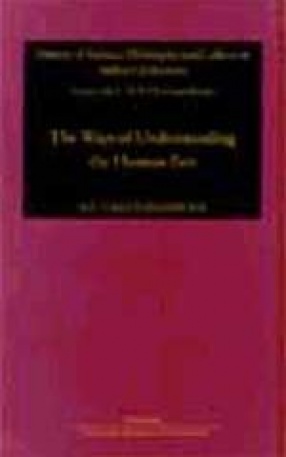
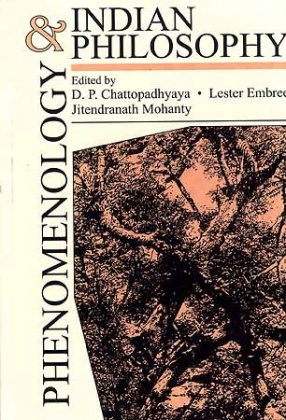
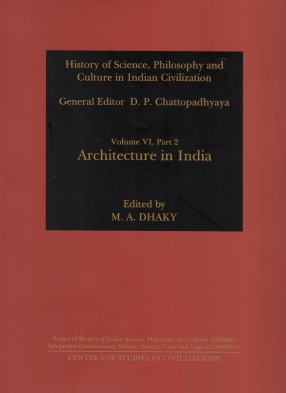
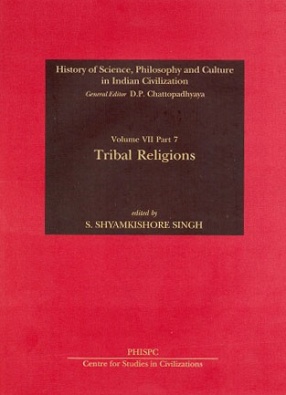
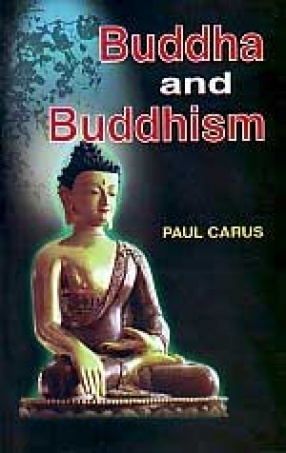
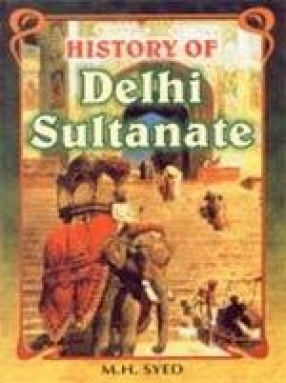
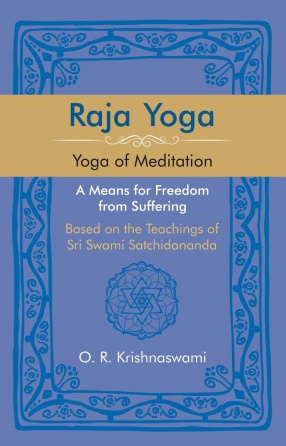
There are no reviews yet.